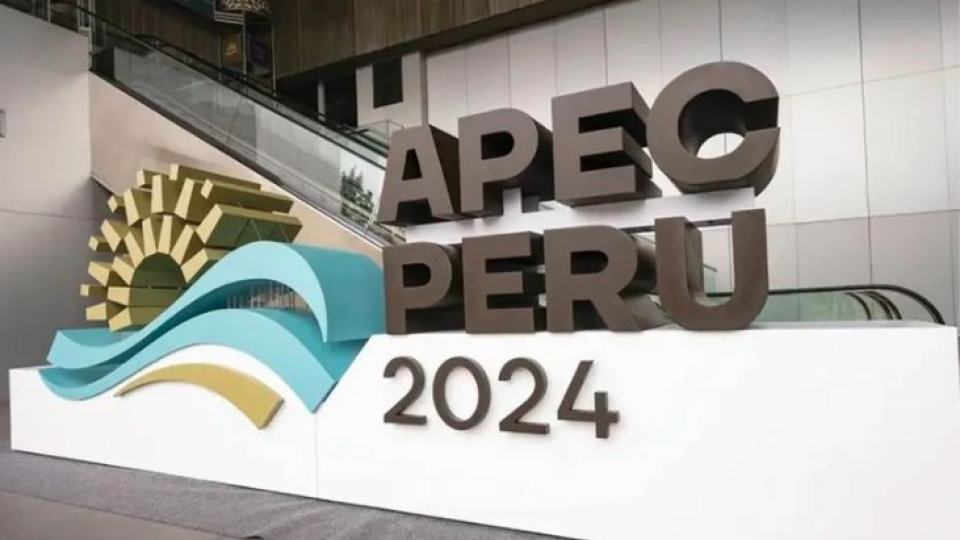Vietnamese trade chief shares insights on AI and trade at APEC 2025
VOV.VN - Vietnamese Minister of Industry and Trade Nguyen Hong Dien emphasizes AI's transformative role in trade while dealing with regional cooperation challenges at the APEC 2025 Ministerial Meeting.

On May 15 in Jeju, the Republic of Korea, Minister of Industry and Trade Nguyen Hong Dien, head of the Vietnamese delegation, delivered remarks at both sessions of the APEC Ministers Responsible for Trade (MRT) Meeting with a focus on building a sustainable future towards connectivity, innovation, and prosperity.
The event gathered trade ministers from 21 APEC member economies, including major ones like the US, China, and Japan along with senior representatives from the World Trade Organization (WTO) and the Organisation for Economic Co-operation and Development (OECD). The discussions focused on joint responses and cooperative measures amid rapidly evolving global trade, covering three main topics: artificial intelligence (AI) and trade, WTO reform and APEC’s role in restoring the multilateral trading system, and co-operation for sustainable supply chains, including climate crisis responses and supply chain stability.
Addressing the first session on AI for trade, Minister Nguyen Hong Dien praised the relevance of the topic and underscored AI’s importance in Vietnam’s national strategy for research, development, and application of AI through 2030. AI, he noted, is a foundational technology that can help drive production breakthroughs, enhance national competitiveness, and promote sustainable economic growth.
The Minister shared two main categories of AI’s impact on trade: First, AI offers major opportunities. Directly, it can lower trade-related costs through improvements in logistics, supply chain management, customs automation, border control, and risk forecasting.
E-commerce becomes more efficient as AI helps overcome language barriers and reduce search and matching costs, thus enabling businesses to access global markets more effectively and engage deeper in international trade.
In this spirit, Vietnam welcomes the APEC AI initiative, which envisions building a sustainable future with AI while boosting creative economic growth across the Asia-Pacific.
Indirectly, AI promotes demand and trade in technology-related goods and services, such as IT infrastructure, telecoms, specialized software tools, and development libraries. Many AI-related products such as semiconductors, and smartphones are supplied by a limited number of economies, making international trade a key driver in AI development across the region and beyond. Further upstream in the value chain, the extraction and processing of critical minerals and metals, inputs essential for AI-related production, are also expected to grow more dynamic.
Second, alongside opportunities, the Minister emphasized that APEC economies must also tackle risks and challenges to ensure all members can benefit from AI in trade. On the legal front, AI’s rapid evolution often outpaces national regulations, particularly in areas like intellectual property and data governance.
In terms of international cooperation, the increasing number of bilateral and regional initiatives on AI governance, each with differing priorities, raises the risk of fragmentation or overlap. Divergent national policies and the absence of a unified standard are also also leading to regulatory fragmentation.
Given this context, Minister Dien expressed Vietnam’s support for the host country’s proposal to initiate discussions on establishing an APEC AI Standards Forum, thereby contributing to the development of a unified global AI governance framework.




